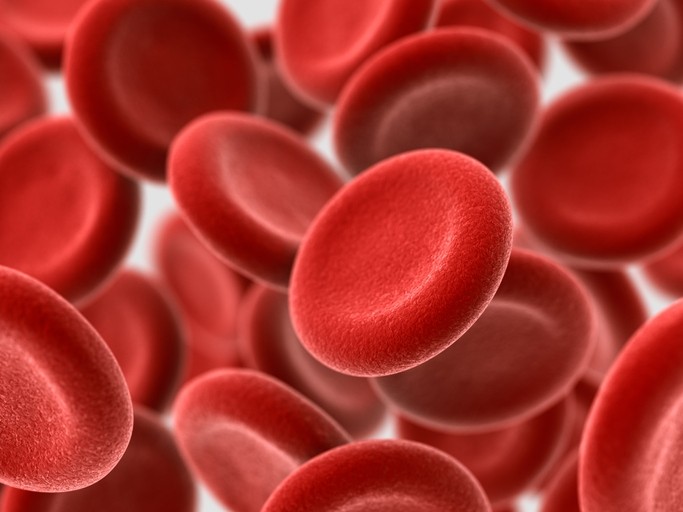More omega-3s makes for healthier conformation of red blood cells, study finds

The new study from the Fatty Acid Research Institute looked at blood samples analyzed as part of previous studies. The research was published recently in the journal Prostaglandins, Leukotrienes and Essential Fatty Acids.
Width distribution carries health implications
The study is a result of a second look at blood samples that were submitted for routine testing at a laboratory in Richmond, VA in 2011 and 2012. The goal was to see if there was a relationship between the Omega-3 Index and a measurement called Red Blood Cell Distribution Width (RDW).
RDW measures the distribution of sizes of the red blood cells themselves. The graph of cell sizes for a ‘healthier’ individual is narrow. A graph that shows a broad distribution of sizes, a wider-based bell curve, in other words, is associated with a number of disease conditions, including nutritional deficiencies, greater risk of heart disease and others.
One of the theories here is that more EPA and DHA in the cell membranes (which is what the Omega-3 Index measures) is associated with more resilient red blood cells that will show fewer odd sizes and shapes on the distribution graph. Thus, they will move through the circulatory system more easily.
The authors said red blood cells are the most abundant cell type in the body and carry out the critical function of delivering oxygen to the tissues and removing carbon dioxide. In order to do this they have to squeeze through capillaries that are only half the width of the average cell and so must be able to accommodate significant shear stress.
Omega-3s make for healthier conformation of blood ‘organ’
They have come to be seen as an organ in themselves and a critical part of the body’s process of maintaining homeostasis. In the study, which examines records of more than 25,000 blood samples, the researchers found that more omega-3s were associated with a healthier overall conformation for this ‘organ.’
“In conclusion, low O3I levels (≤5.6%) were associated with a potentially unhealthy distribution of RBC cell sizes. This suggests a role for EPA+DHA in maintaining RBC structure in healthy individuals. We propose that achieving an O3I >5.6% could help maintain a normal RBC size distribution. Our finding complements evidence that a higher O3I is linearly and inversely associated with risk for death from any cause, with values of >8% characterizing the lowest risk population,” they concluded.
Source: Prostaglandins, Leukotrienes and Essential Fatty Acids
DOI: 10.1016/j.plefa.2021.102376
Omega-3 index is directly associated with a healthy red blood cell distribution width
Authors: McBurney MI, Tintle ML, Harris WS
















